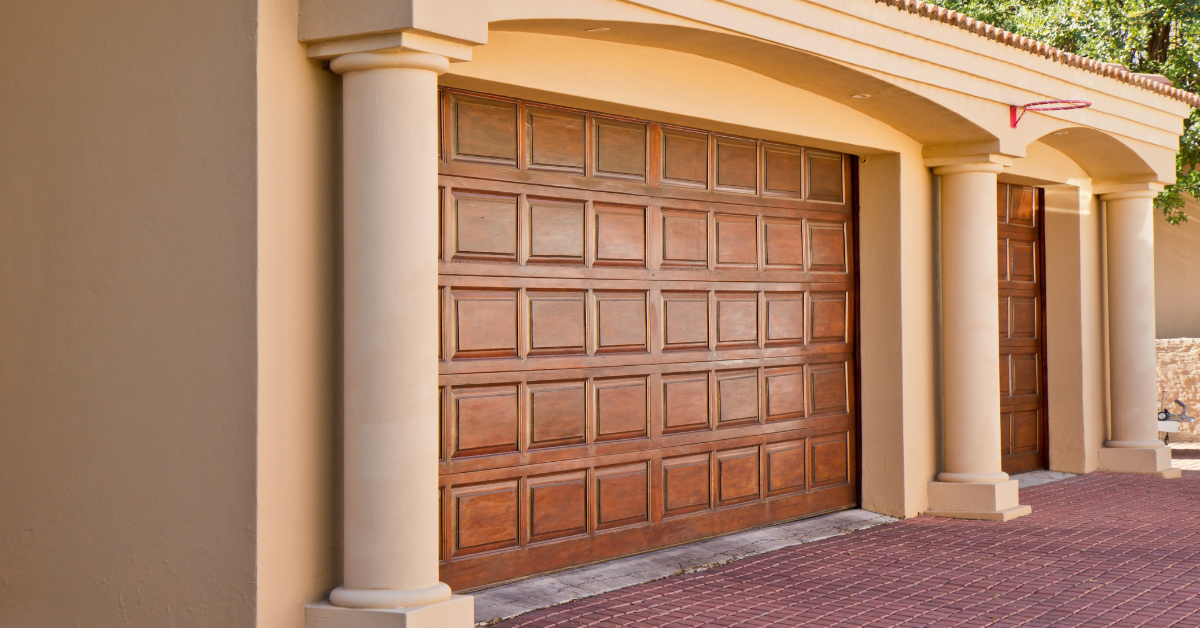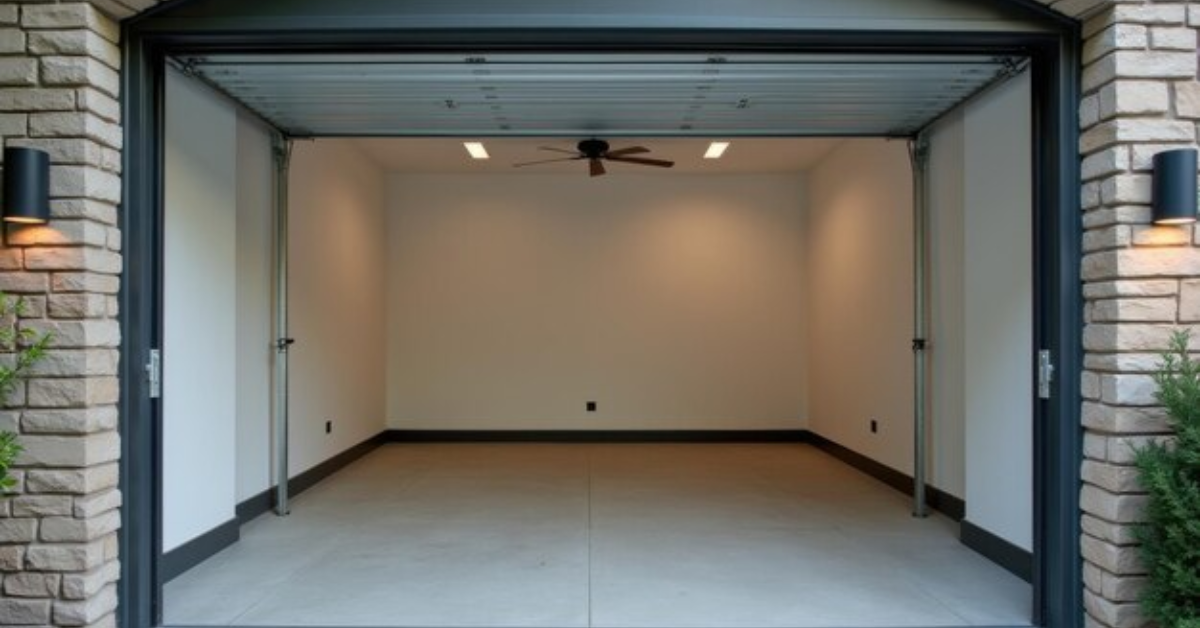What Is the Standard Thickness of a Garage Door?
When choosing a new garage door, many homeowners focus on style, color, or material, but one key detail often goes unnoticed—garage door thickness. The thickness of a garage door plays a major role in its durability, insulation, noise reduction, and security. But what is the standard thickness of a garage door, and how do you know which option is right for your home?
This guide will break down the standard measurements, explain why thickness matters, and help you choose the best garage door for your needs.
What Is the Standard Thickness of a Garage Door?
The standard thickness of a residential garage door typically ranges from 1 3/8 inches to 2 inches. For commercial doors, it can go up to 3 inches or more, depending on the level of strength and insulation required.
- Non-insulated garage doors: Around 1 3/8 inches thick
- Insulated garage doors: Usually 1 3/8 to 2 inches thick with polyurethane or polystyrene insulation
- Heavy-duty commercial doors: 2–3 inches thick for extra durability and security
So, while there isn’t one single measurement that applies to every garage door, the industry standard for most residential doors is around 2 inches.
Why Does Garage Door Thickness Matter?
Thickness might sound like a small detail, but it impacts your door’s performance in big ways. Let’s look at the most important factors.
1. Insulation and Energy Efficiency
Thicker doors often come with better insulation. For homeowners in colder or hotter climates, this can mean:
- Lower energy bills
- A more comfortable garage temperature
- Better protection for items stored in the garage
2. Noise Reduction
If you use your garage as a workshop, gym, or living space, a thicker, insulated door helps reduce outside noise.
3. Durability and Security
A thicker garage door can withstand more wear and tear. It’s also harder to dent or break, making it a safer option for protecting your home.
4. Long-Term Value
While thinner doors may cost less upfront, a thicker and more insulated garage door often saves money in the long run through reduced energy costs and fewer repairs.
Different Garage Door Thickness Options
Not all garage doors are created equal. Here’s a breakdown of the most common options:
1. 1 3/8-Inch Garage Doors
- Typically non-insulated or lightly insulated
- Budget-friendly choice
- Best for detached garages or mild climates
2. 2-Inch Garage Doors
- Considered the industry standard for most homes
- Available in insulated and non-insulated versions
- Balances cost, durability, and performance
3. 2–3 Inch Garage Doors
- Common in commercial or industrial settings
- Extremely durable and secure
- Provides superior insulation
How to Choose the Right Garage Door Thickness
Choosing the right thickness depends on several factors:
Climate
- Cold or hot climates → Opt for 2-inch insulated doors
- Mild climates → 1 3/8-inch non-insulated doors may be sufficient
Garage Use
- If your garage is attached to your home, insulation and thickness are crucial.
- For a simple storage garage, a thinner door can work fine.
Budget
Thicker, insulated garage doors cost more upfront but offer better long-term savings.
Materials and Their Role in Thickness
The material of your garage door also affects how thick it needs to be.
- Steel garage doors: Most commonly 1 3/8 to 2 inches thick
- Wood garage doors: Naturally thicker (can be 2–3 inches) for strength
- Aluminum doors: Often thinner, but may include added insulation
- Fiberglass doors: Lightweight but usually paired with insulation to reach standard thickness
Professional Installation Matters
Even the best garage door thickness won’t perform well if the door isn’t installed correctly. A professional garage door installer ensures proper alignment, balance, and insulation, helping your door last longer and perform better.
Conclusion
The standard thickness of a garage door is usually 2 inches for residential use, though options range from 1 3/8 inches to 3 inches depending on material, insulation, and purpose. Choosing the right thickness is about balancing budget, climate, usage, and security needs.
If you’re investing in a new garage door, think beyond appearance—thickness could be the key to comfort, safety, and long-term savings.
FAQs About Garage Door Thickness
1. What is the standard thickness of a residential garage door?
Most residential garage doors are around 2 inches thick, though some range from 1 3/8 to 2 inches.
2. Do thicker garage doors provide better insulation?
Yes. Thicker garage doors, especially those with polyurethane or polystyrene insulation, provide better energy efficiency.
3. Are commercial garage doors thicker than residential ones?
Yes, commercial doors can be 2–3 inches thick for extra durability and security.
4. Is a thinner garage door bad?
Not necessarily. A thinner, non-insulated door can be fine for detached garages in mild climates, but it won’t offer the same comfort or efficiency as a thicker door.
5. What garage door thickness is best for cold climates?
A 2-inch insulated garage door is ideal for homes in colder regions.

You might also like
Fix N Go Blog



